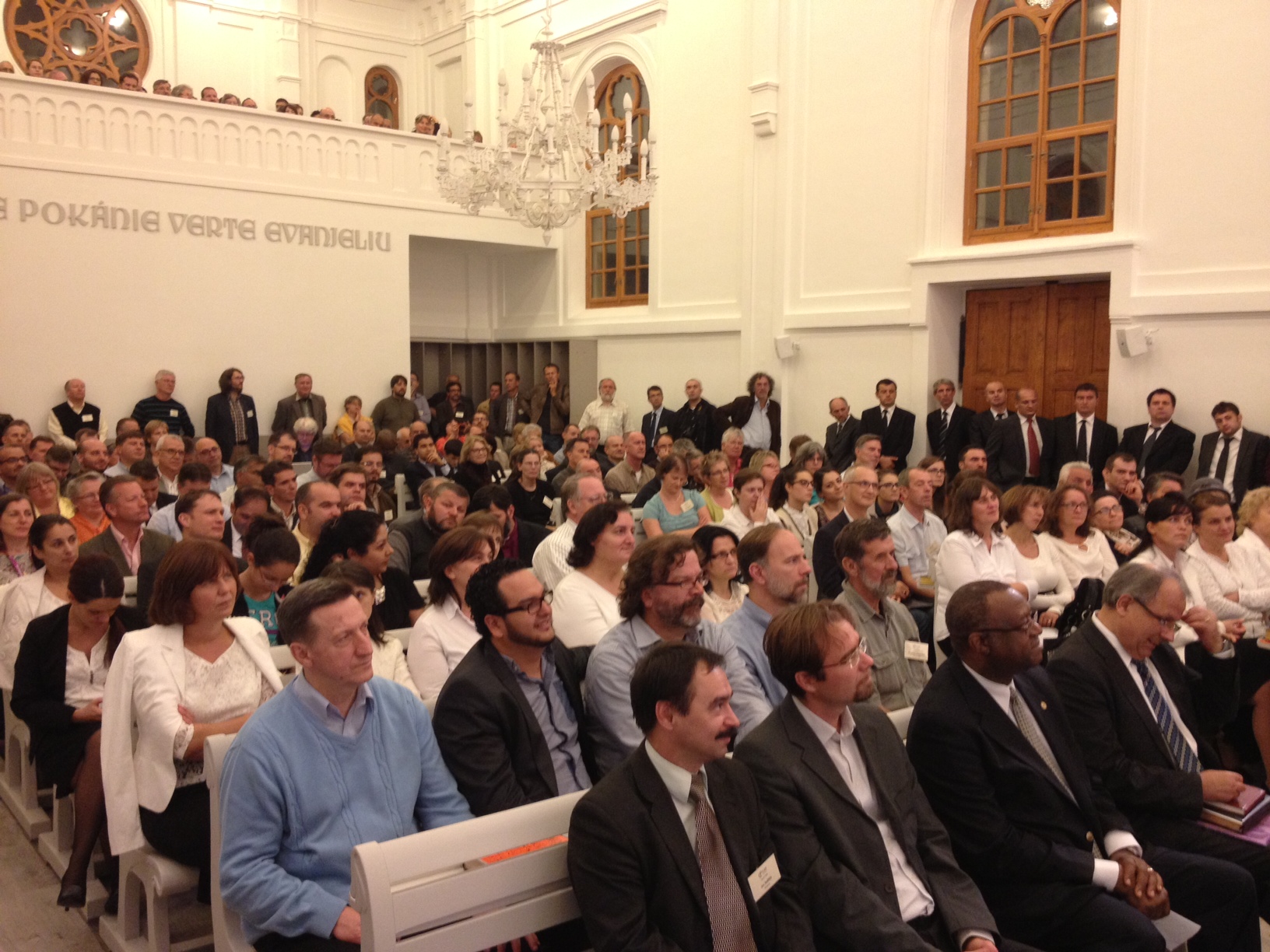Become Advocates of Righteousness
Become Advocates of Righteousness

A resolution at last week’s European Baptist Federation Council meeting asked its member bodies to consider ‘meaningful, practical and constructive’ partnerships with Christians in such places, including a request for continued prayer for present situations, particularly in Syria, Egypt and the Middle East ‘where great human suffering presents opportunities for emerging networks and relationships which share resources’.
The resolution also asked Baptist Unions to identify individuals who may advocate the human rights of minorities, especially vulnerable Christian communities in the region.
The partnerships resolution was based around Psalm 9: 7-8, and Jesus’ command to ‘love your neighbour as yourself’ (Mark 12:30). It was passed alongside a resolution on human rights and justice, centred around the same Psalm.
This resolution ‘accepts the challenge … to live out the biblical vision of mercy and justice in situations of human suffering, exploitation, conflict and war,’ and ‘welcomes the challenge and direction of the Holy Spirit to become involved as advocates of righteousness through out the countries of Europe, Central Asia and the Middle East.’
The resolutions were passed as Baptists from Egypt, Lebanon, Jordan and Syria updated the council on the situation in the Middle East and the work and ministry of Baptists in meeting the challenges in the region. They included Syrian Baptist pastor M H, who shuttles between that country and Lebanon, bringing relief supplies to roughly 1,600 Syrian families displaced by the war. He told the council the ways in which God is making a difference in the lives of the people being helped through the ministry of the Christian church, including Baptists, stating that since the war began, ‘more people are going to church.’

New partnerships in the Middle East will now be actively encouraged, said EBF general secretary the Revd Tony Peck. ‘This was an EBF Council when much of our focus was on our support by prayer and action for the Middle East, and especially Syria. We plan to follow up the Resolution we passed to active encourage new partnerships with our Middle Eastern brothers and sisters, as well as a concern to identify and nurture younger leaders among them. Having representatives from Lebanon, Syria, Egypt and Jordan meant that we were privileged and moved to glimpse a little of daily life for the people of these nations, and also the life our churches there as they continue to witness to the peace of Christ.’
This stroy first appeared on The Baptist Times and is used with permission.